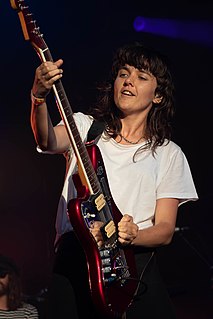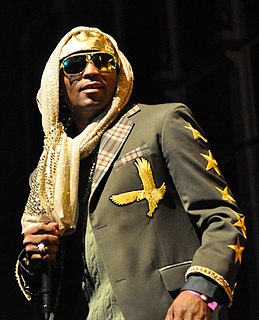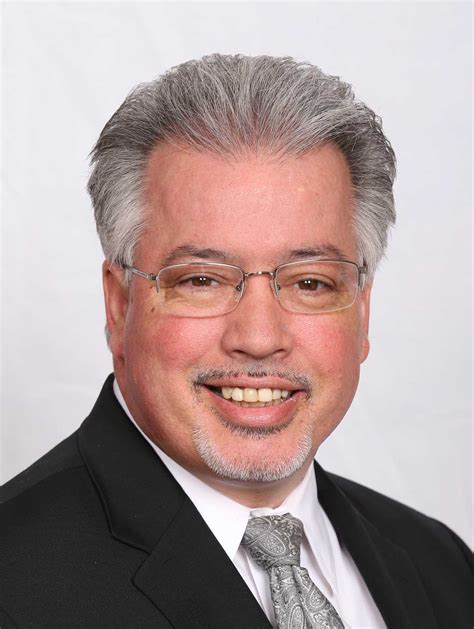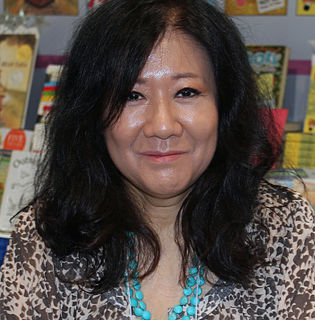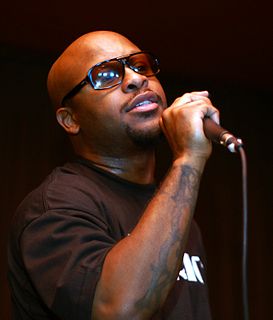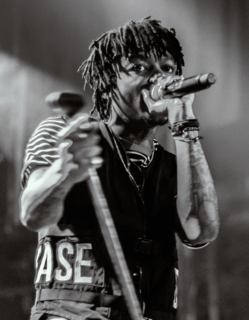A Quote by Courtney Barnett
Sometimes I have something stuck in my head and that directs the rhyme that I'm writing with.
Related Quotes
This is what rhyme does. In a couplet, the first rhyme is like a question to which the second rhyme is an answer. The first rhyme leaves something in the air, some unanswered business. In most quatrains, space is created between the rhyme that poses the question and the rhyme that gives the answer - it is like a pleasure deferred.
I don't feel like it's pressure. It's more of an obligation - not to entertain or be funny, but to have a certain levity. I mean, there's got to be a lightness in your leg. You have to be as light as you can be, and you don't have to be weighted down, stuck in your emotions and stuck in your body, stuck in your head. You just want to try and elevate something.
Sometimes I can listen to music - sometimes there's no choice, especially if I'm out writing at a coffee place. But sometimes it's too distracting. If I'm listening to something I really love - I have to stop and give everything over to it. I'm listening to its structures, its melodic lines, the bass. It takes up too much of my head - in a good way.
"Tabernacle" was probably the easiest song I'd ever wrote because all I really had to do was rhyme the words since the whole story, front to back, was already in my head. All I needed to do was verbalize it, and if it didn't have to rhyme I could've just freestyled it because I already knew what I wanted to say.
Writing, for me, when I'm writing in the first-person, is like a form of acting. So as I'm writing, the character or self I'm writing about and my whole self - when I began the book - become entwined. It's soon hard to tell them apart. The voice I'm trying to explore directs my own perceptions and thoughts.
